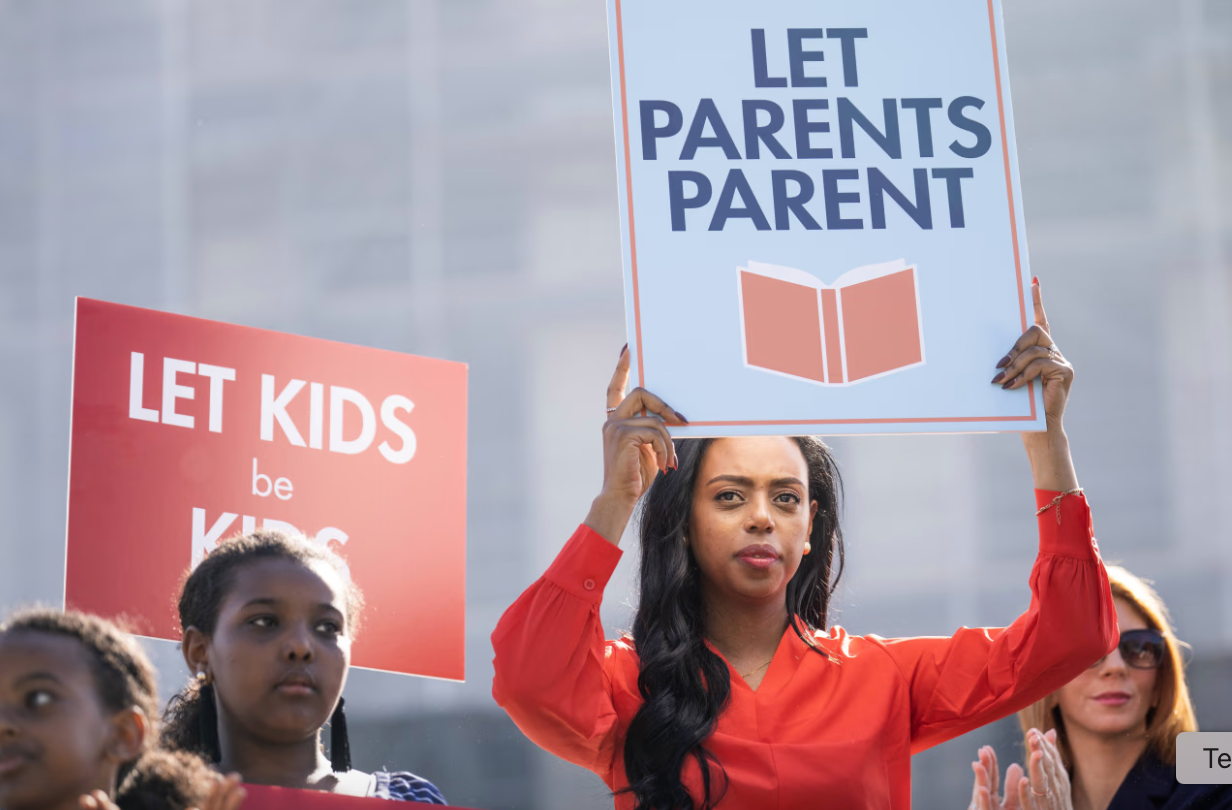By: The Editorial Board – wsj.com – June 29, 2025
Two more Supreme Court rulings that illustrate the benefits of the conservative judicial revolution.
Today’s Supreme Court is a historic conservative achievement, and a useful exercise is occasionally to imagine liberal Justices in charge. Consider two rulings that the Court issued Friday at the end of another excellent term. One lets religious parents opt their children out of transgender storytime in elementary school. The other lets states require that pornography websites verify the age of their users.
This “burdens the religious exercise of parents,” Justice Samuel Alito writes in Mahmoud v. Taylor. “And a government cannot condition the benefit of free public education on parents’ acceptance of such instruction.” The storybooks for young children are intentionally didactic. The moral implication of “Born Ready,” as Justice Alito puts it, “is that it is seriously harmful to deny a gender transition and that transitioning is a highly positive experience.”
Writing in dissent, Justice Sonia Sotomayor focuses on another story, about Uncle Bobby’s wedding to his boyfriend. Such books, she suggests, merely expose students “to the ‘message’ that LGBTQ people exist, and that their loved ones may celebrate their marriages and life events.”
Recognizing a religious right to opt out of curriculum, Justice Sotomayor predicts, will produce “chaos,” and she envisions limitless objections to stories depicting interfaith marriage, meat consumption, or immodest dress.
Yet her alternative is limitless deference to school administrators. What if some progressive city wanted its kindergarten teachers to read their 5-year-olds a storybook featuring a friendly cartoon atheist Uncle Christopher, who explains all the reasons he believes God doesn’t exist? Under the dissent’s approach, Justice Alito says, “even instruction that denigrates or ridicules students’ religious beliefs would apparently be allowed.”
The second case upheld a Texas law requiring porn sites to use “reasonable age verification methods” to screen out minors. This was challenged on the theory that it impinges the First Amendment rights of adult Texans, because asking them to transmit identification information over the internet involves “privacy and security risks.”
But Texas requires age checks to buy a lottery ticket, get a tattoo or obtain a handgun license, Justice Clarence Thomas writes in Free Speech Coalition v. Paxton. Neither obscenity nor the internet is different. “No person—adult or child—has a First Amendment right to access speech that is obscene to minors without first submitting proof of age,” Justice Thomas says. The Texas law has “incidental” burdens on adults, but it “readily survives” intermediate judicial scrutiny.
Justice Elena Kagan, writing for the liberals, says the Texas statute is really a direct speech regulation, so the test ought to be strict scrutiny, and she declines to guess whether the law would pass that high standard. Justice Thomas replies that her view could jeopardize even longstanding rules about showing ID at physical stores. Here’s all Justice Kagan will venture: “Carefully drawn age verification laws stand a real chance of surviving.”
What a comfort to the parents of every teenager with a smartphone. For the record, Justice Thomas says 21 states have passed similar statutes. The vote by Texas lawmakers was 164-1.
To see this article in its entirety and to subscribe to others like it, please choose to read more.
Source: The Supreme Court’s Good Sense on Parental Rights and Porn Sites – WSJ
 Listen Online
Listen Online Watch Online
Watch Online Find a Station in Your Area
Find a Station in Your Area










 Listen Now
Listen Now Watch Online
Watch Online
